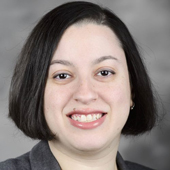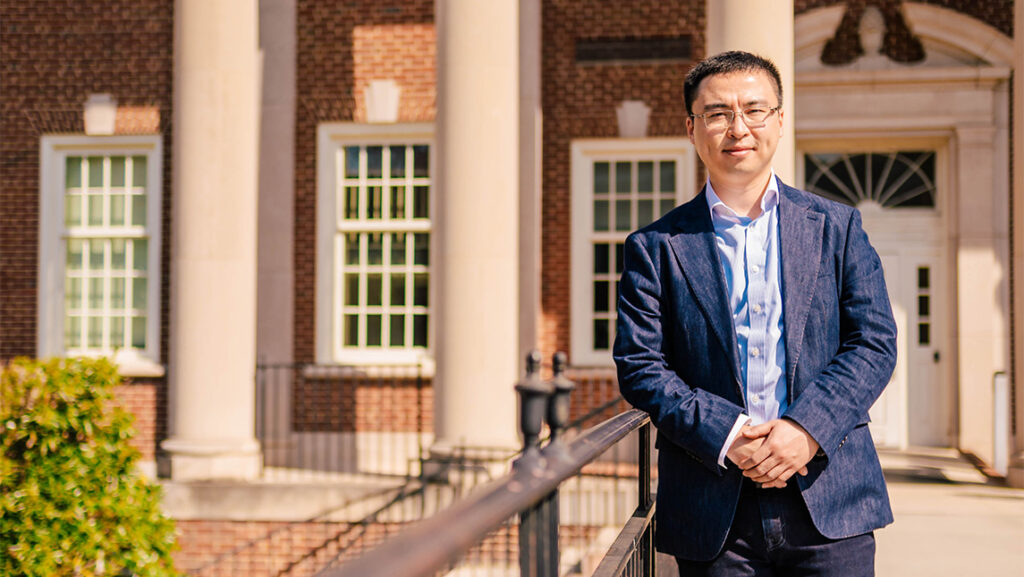
Dr. Arielle Kuperberg (Sociology) received new funding from the National Science Foundation for the project “Collaborative Research: A New Class Divide: Student Loans and the Transition to Adulthood.”
The majority of young adults now attend at least some college, and many take on substantial student debt in the process. More than two-thirds of college graduates now carry an average of around $30,000 in student debt when they finish their 4-year degrees. Recently, politicians have discussed various plans to reduce or forgive student loans, and some colleges have begun to implement programs to reduce loans for low-income students.
This study examines college students’ and graduates experience with debt. It examines how students with loans came to take on debt, examining prior experiences with parents, advisors, and peers; their attitudes towards and knowledge about debt; and their experiences after college as they begin to pay off that debt. It also compares their experiences to those who attended a university that implemented a new program to reduce or eliminate student debt, including the experiences of those with student loan debt to those who avoided debt either because of this program or without this program. This study will help determine the impacts of student loan debt on the transition out of college and into adulthood, and how student loan debt may represent a new ‘class divide’ among college graduates that serves to reproduce inequality across generations.
Building upon an ongoing longitudinal mixed-method study, this study will involve collecting additional interviews with 24 college graduates with loans at two universities who were first interviewed right before their graduation in 2016, and have been interviewed yearly since then; this cohort will be interviewed again in 2020 and 2021. A new cohort of 48 graduating seniors will be interviewed at a university that implemented a program to reduce student loans, with interviews right before and 1.5 years after graduation. Surveys were previously collected with 3,727 college students at two universities in 2017 and 173 graduating seniors from that survey again in 2018. Those graduating seniors will again be surveyed in 2020.
A new survey will be collected at the university with the student loans program in 2020, and with graduates of that university surveyed again in Fall 2021. Instrumental variable methods will be combined with interview data to analyze selection into student loan debt, the different educational experiences of those with and without debt, sentiments and knowledge about loan debt that may affect later results, and post-graduate experiences and outcomes.


